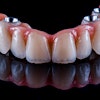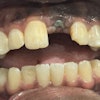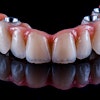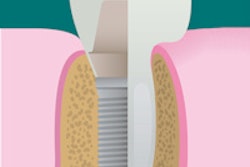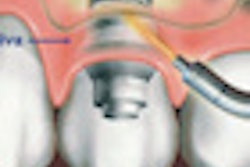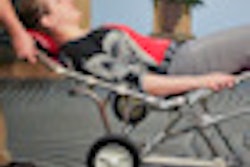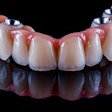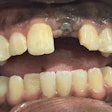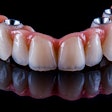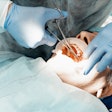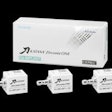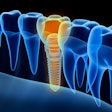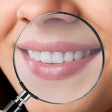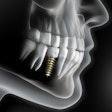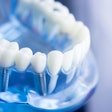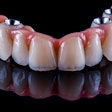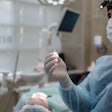A combination of genes has been identified as a possible indicator of greater tissue destruction leading to negative outcomes for implants. A study of individuals with the combination of interleukin (IL)-1 allele 2 at IL-1-889 and IL-1B+3954 found that these people are genotype-positive and are susceptible to increased periodontal tissue destruction (Journal of Oral Implantology, June 2011, Vol. 37:3, pp. 325-334).
Peri-implantitis is very similar to periodontal disease. The researchers sought to find any association of these genotypes with the severity of peri-implantitis progression and the effect of this combination on treatment outcomes.
This study compared two groups of patients, all of whom had implants. The first group consisted of 25 patients with peri-implantitis, while the second group of 25 patients had healthy tissue. Seventeen patients from the first group and five from the second group were genotype-positive.
Patients in the first group, those with peri-implantitis, took part in a treatment and maintenance program. The genotype-positive patients in this group experienced greater periodontal tissue destruction and increased discharge from tissues. The genotype-negative patients responded better to treatment. Statistically significant differences were noted between the groups.
The combination of these two alleles in patients with inflamed periodontal tissues denotes a risk factor that can lead to further tissue destruction. Patients with the specific genotype can have exaggerated local inflammation. Gene polymorphism may affect the outcomes of treatment for peri-implantitis in genotype-positive people and affect the long-term success of implants.
